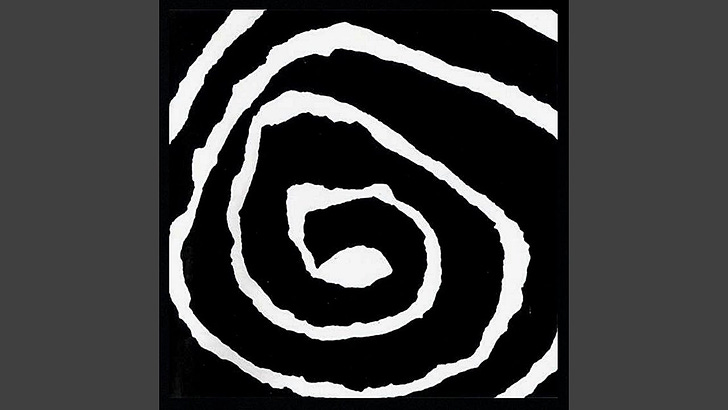Pharoah Sanders was born Farrell Sanders on Oct. 13, 1940 and died Sept. 24, 2022. Like Archie Shepp, he was a powerful saxophonist who revered Coltrane and managed to fit into that sound world. But unlike Shepp, it seems that Sanders dramatically limited himself in order to do that.
The “common wisdom” about Sanders is that he was a totally free player, but that after Coltrane died he really got it together and learned to play standards (straight ahead swing). Oh, really? Then please listen to this recording called “Bethera” from Sept. 1964, about a year before he ever worked regularly with Coltrane:
Am I missing something, or does he play beautifully in this straight-ahead context? I love his tone, and his ideas, the fast run at 2:00 — and what amazes me is that he sounds more like Trane did in 1964 than anyone I can think of. Coltrane’s influence was already immense, but most players at that point were still studying what he’d done a few years earlier.
So why is there not even one example of Sanders playing this way with Coltrane? I never had a chance to ask Pharoah this (even though I did hang with him and his saxophonist son Tomoki once backstage at Birdland), but I’m guessing that the last thing John needed in his band was “another Coltrane,” and that there was an understanding that Sanders’ free style, which was very different from Coltrane’s, was what was called for. Maybe they explicitly talked about this, or maybe they both understood it without ever discussing it.
His free playing is documented on other of his early recordings, including with Sun Ra and Ornette Coleman, so it’s a kind of playing with which he was already deeply involved. After Coltrane died and Sanders led his own bands, he could do whatever he wanted, from playing “out” to playing standards, which he has done wonderfully for so many years. My friend and colleague Ben Bierman, music prof at John Jay College in Manhattan, has written an excellent article on Sanders’ work since Coltrane.
To close this post, I’ll simply add: Who but Sanders could play a ballad so lovingly in the tradition of Coltrane’s Ballads? Listen to “It’s Easy to Remember (1979):
NOTE: I originally posted this as part of my “Deep Dive” series (https://www.wbgo.org/tags/deep-dive) but it was buried at the bottom of a long essay on Trane’s A Love Supreme. Now and then I will choose other items that were posted there and revive them here, with updates as needed.
UPDATE: Sanders died peacefully at home in Los Angeles on September 24, 2022, at the age of 81.



Sanders was a legend and its sad to hear of his passing. I feel like Sanders had a different mission statement for his career and playing than Coltrane; in music (especially jazz) avoiding redundancy is always welcomed, just as he was. RIP Mr. Sanders.
Nice digging, Lewis, I'm sure I'm not the only one who hadn't heard the debut LP by Pharoah. And it makes his later more straight-ahead, though always totally personal, playing seem quite natural. I was, I guess you could say, fortunate to have heard Pharoah with Coltrane twice, though those experiences were quite challenging -- as anyone who heard them knows, it was, indeed, free playing after the head -- and then to have heard him post-Trane with his quartet with William Henderson, where he liked to play long. Then in the middle are those Impulse! LPs that are quite atmospheric and often lyrical. An impressive musician, deeply creative and unique. Cheers to you for your research and your deeply felt interest in our music.